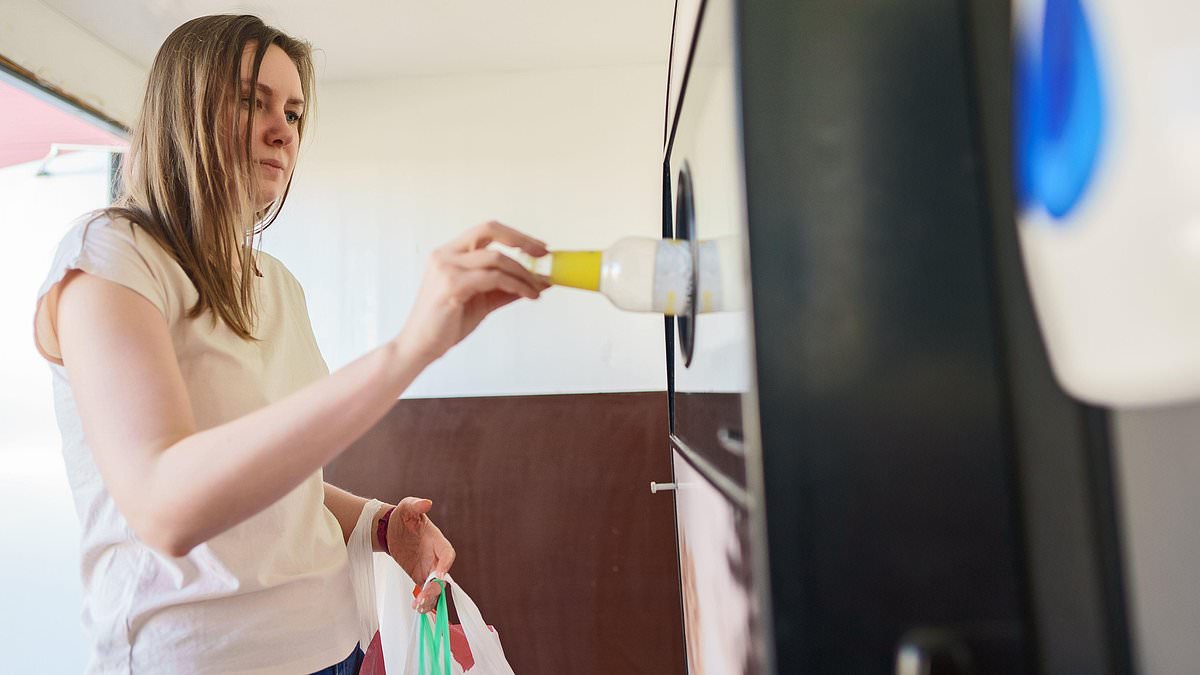Recycling-obsessed Germany has been dethroned as the best in the world in carrying out the eco-friendly practice as a new report revealed that 40 per cent of waste in the country is mis-sorted by consumers.
Data by the country’s federal environment agency (UBA) found that recyclable material in Germany is often tossed into general waste containers, where it is later incinerated or burned as landfill.
‘The biggest challenges in recycling are incorrect pre-sorting and waste separation by consumers’, the report says.
‘The quality of the collection mix has deteriorated significantly in some cases as a result of incorrect waste disposal. A lot of waste ends up in the wrong collection containers’, it added.
The report also noted that the collection quality in other European Union countries is now better than in Germany.
The mis-sorting of recyclable leads to increased sorting and recycling efforts, consequently hiking costs, the UBA explained.
‘For a long time, the Germans were regarded as the world champions of rubbish separation. We should reclaim this title,’ Bettina Rechenberg, the head of the UBA’s circular economy department, said.
In the 1990’s, Germany’s then-environment minister Klaus Topfer developed the ‘green dot’ recycling system – a packaging recycling scheme where manufacturers pay a fee to display a green dot symbol on their products.
This means that they contribute to the cost of recycling the packaging and promotes producer responsibility for packaging disposal, making it a leading model for waste management in Europe.
Studies have also shown that the Germans have been consistent with their recycling mantra, and have proved themselves to be among the best in global recycling rankings.
Adequate recycling is considered such a basic social obligation in Germany that it has become part of the country’s integration courses for refugees and other foreign residents.
Failure to recycle properly can result in fines of between €10 and €80.
From 2030, all packaging in Germany must be recyclable and companies must use certain minimum proportions of recovered secondary raw materials in their packaging, thanks to new EU regulations.
The new data comes as research from DS Smith found that 54 per cent of Boomers (born between 1946 and 1964) in the UK recycle all their paper and cardboard – while just 19 per cent of Gen Z (born between 1997 and 2012) do so.
This is despite the fact that younger generations are often perceived as the most eco-conscious.
